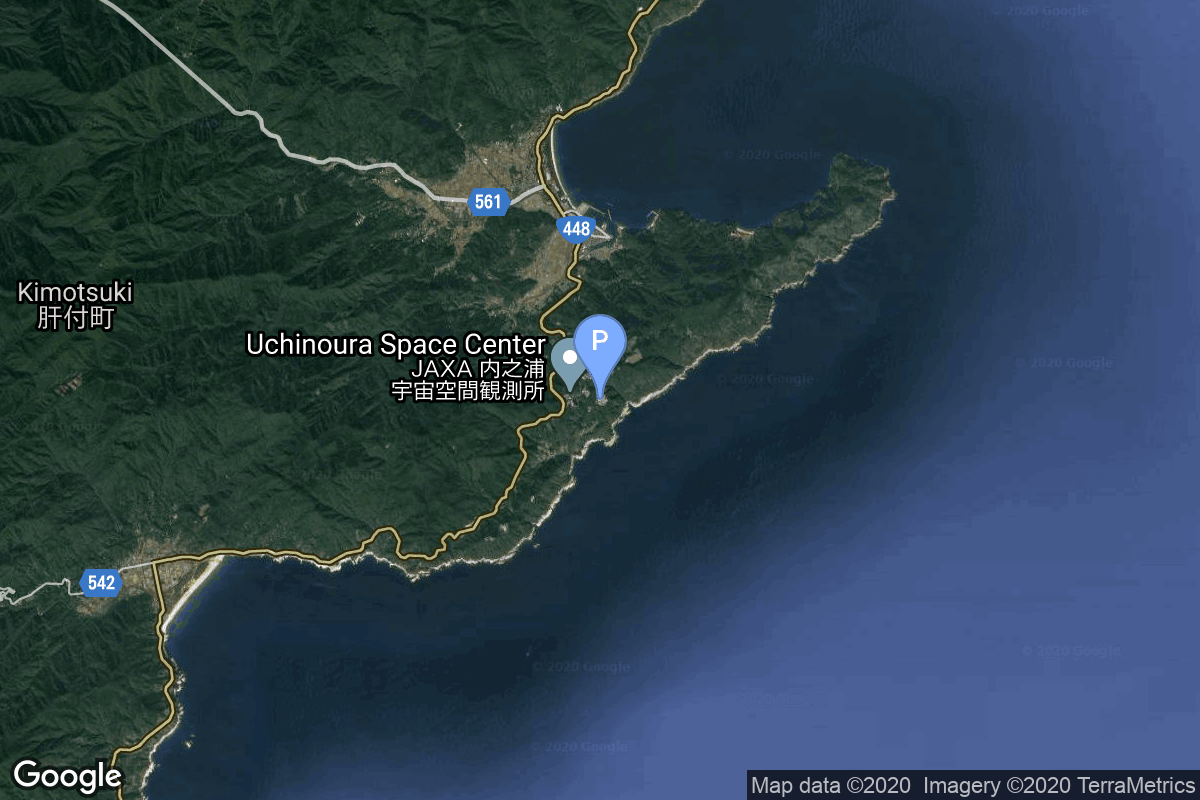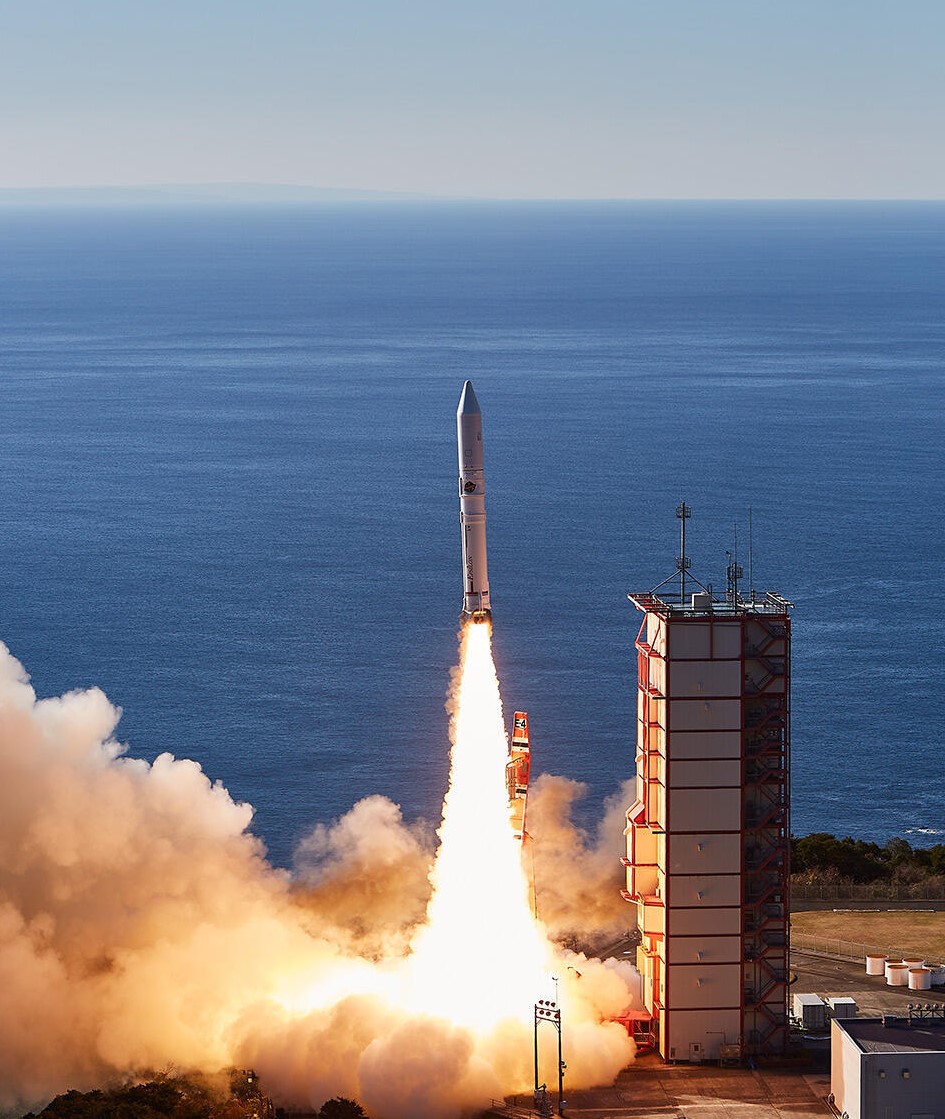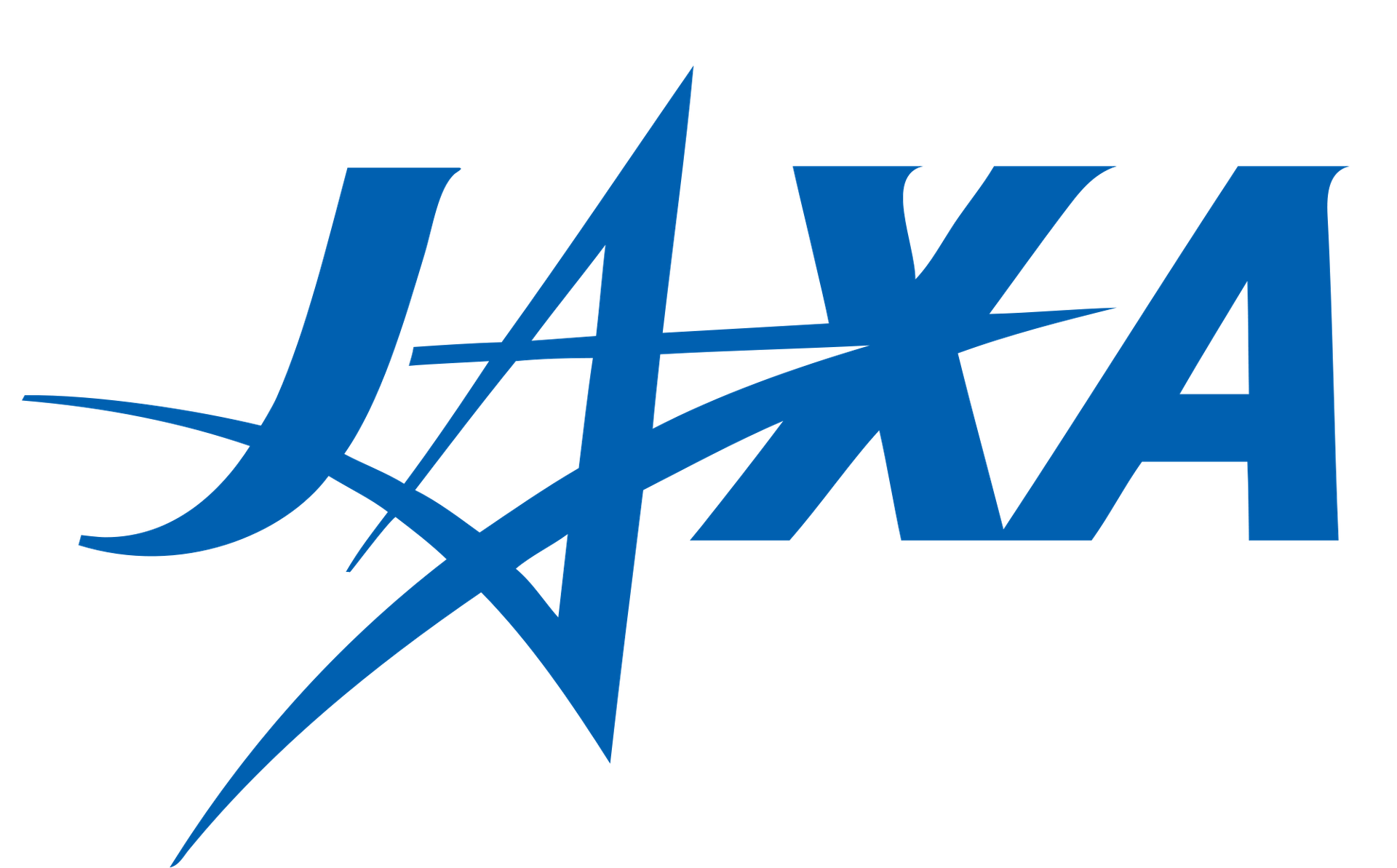ERG (ARASE)
Epsilon
Japan Aerospace Exploration Agency
Mission
ERG (Exploration of energization and Radiation in Geospace)
- Type: Earth Science
- Orbit: Elliptical Orbit
- Launch Cost: $39,000,000
The ERG  (Exploration of energization and Radiation in Geospace) project is a mission to study the Van Allen belts. The task is to elucidate how highly charged electrons are born while they generate and vanish repeatedly along with space storms caused by the disturbance of solar wind, influenced by space storms, and how space storms are developed.
Location
Mu Center
Uchinoura Space Center, Japan
Mu Center has witnessed the launch of 36 rockets, including 36 orbital launch attempts, while Uchinoura Space Center, Japan, has been the site for 43 rocket launches.
Rocket
Japan Aerospace Exploration Agency Epsilon
The Epsilon rocket is a Japanese solid-fuel rocket designed to launch scientific satellites. It is a follow-on project to the larger and more expensive M-V rocket which was retired in 2006. The Japan Aerospace Exploration Agency (JAXA) began developing the Epsilon in 2007. It is capable of placing a 590 kg payload into Sun-synchronous orbit.
Agency
Japan Aerospace Exploration Agency
The Japan Aerospace Exploration Agency (JAXA) is Japan’s national aero-space agency. Through the merger of three previously independent organizations, JAXA was formed on 1 October 2003. JAXA is responsible for research, technology development and the launch of satellites into orbit, and is involved in many more advanced missions, such as asteroid exploration and possible manned exploration of the Moon. JAXA launch their Epsilon vehicle from the Uchinoura Space Center and their H-II vehicles from the Tanegashima Space Center.


